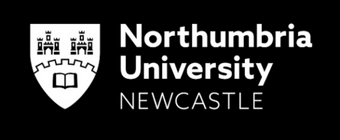Northumbria University's Childhood and Early Years degree is designed to help you make a difference in the lives of children. You'll gain knowledge, insight and understanding of a range of issues relating to childhood, children, young people and society.
Covering topics including child development, education, war, poverty, health, disability, the law, you'll analyse the contemporary experience of children, looking at the latest research, historical documents, children's literature and film, and a range of other sources.
This understanding will open up a range of employment opportunities and provide a foundation to go on and study further training courses including teaching, social work, children's nursing and other related professions.
You will reflect upon current developments in childhood provision, policy and practice both nationally and internationally, and you'll be learning from staff who are contributing to the most important debates in the field.














